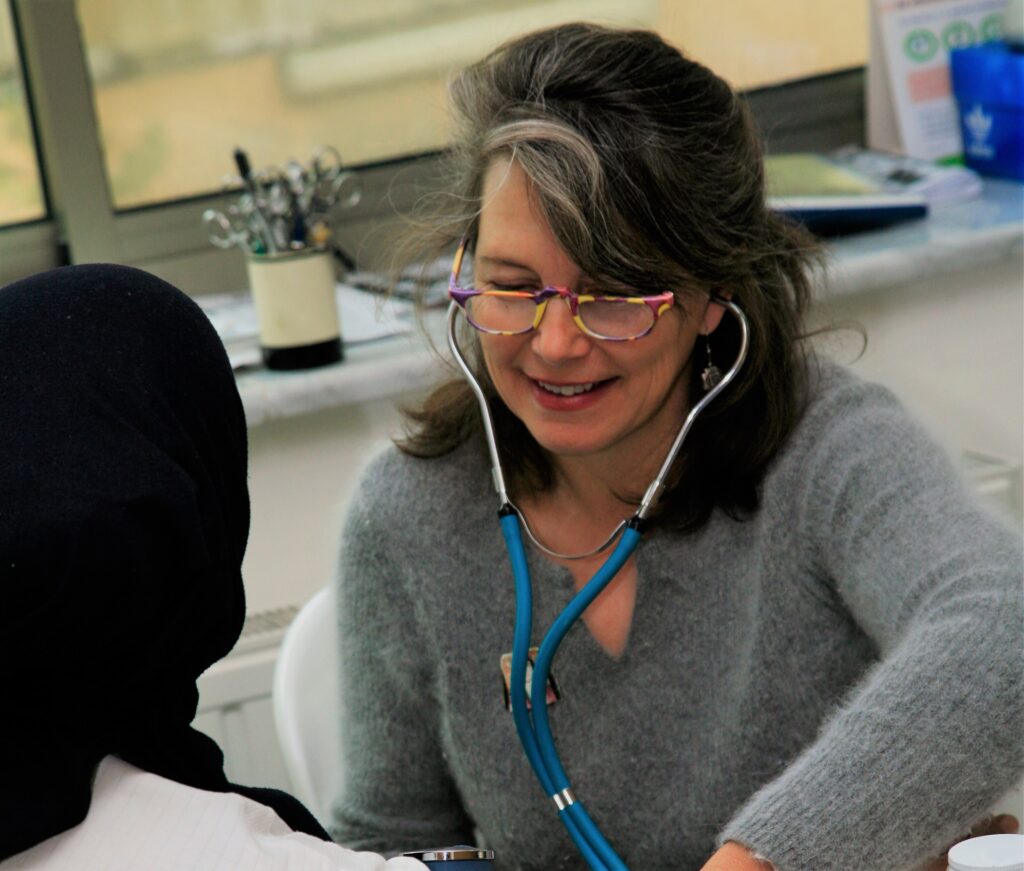Tell us a little of what you’ve been involved in.
As a paediatric nurse I’ve worked in various paid and voluntary settings in the Arab world. I’ve been employed in private and government funded hospitals as well as volunteering with an international charity as a pre-operative and post-operative children’s nurse. I’ve also partnered with some other Christian charities to provide some basic nursing care to displaced people in the region.
Medical work traditionally goes hand in hand with mission. Did you find this to be true?
Absolutely. Medical work has provided me with a visa to access the Arab world and also opened many other doors. Medical workers have the privilege of hearing personal things that affect people’s daily lives. The Arab world is a collective culture, always looking out for each other, meaning that at any given time, someone will know someone who’s sick and in need of medical attention. As medics, we are usually trusted instantly and welcomed into people’s lives.
How did it enhance your ministry? Did it ever make your ministry more challenging?
My work was very intense. It was fast-paced and 12 hour shifts five or six days in a row could be exhausting, but I believe that my ministry is wherever I am and I enjoyed the challenges and opportunities of ministry in the workplace with my colleagues, visitors and patients. Working long hours with colleagues gave the opportunity to reach out to them regularly and, where I worked, patients often had their own private rooms which gave the opportunity for more sensitive conversations. But it was difficult to find time to rest or for fellowship with other like-minded friends.
One real challenge I had was that I arrived without having studied the local language. The working language was English but most patients spoke none or very little.
There was also the uncertainty of my job depending on my visa. This needs to be renewed every year or two and can be a tedious process.
Do you have any examples of seeing God at work through your medical work?
I’ve been blessed to be able to see God at work so many times. I was very open from the start that I was a Bible-believing Christian and had lots of opportunities to share truth and show love.
When I worked with children who were dying I was able to pray for them and be there for their families. Even before I knew how to speak Arabic I would sit on the floor with the mothers and embrace them and wipe their tears. Muslim staff frequently told me a I had “a different spirit” and Muslim ward clerks would ask me to tend to the families, even though they were not my patients.
Usually the fathers had better English and I was able to speak to them about the end of life and the God of the Christians who holds all life in the palm of his hand.
I was able to share my testimony with a local mother when she asked what I believed about demons and was able to show grace and forgiveness to difficult colleagues. When colleagues noticed something different about me, I invited them to explore faith together.
What were the differences from working in the UK?
Medical work on the whole is similar across the world but some standards, systems or policies were very different than in the UK. It’s natural to compare what we do back home but is best not to tell others it is better.
Males and females are segregated. Male nurses can look after children up to ten years old and some adult women may be uncomfortable for males, even male doctors, to be around. It is customary to knock on every door before you walk into a room to make sure women have time to cover their faces and hair.
Arabs are often stereotyped as emotional people and I really saw a lot of people shouting to get their point across. This can be quite shocking to the newbie. But they’re also extremely friendly and inclusive and hospitals have social clubs to help expats get to know others. People are really delighted to have you there and it’s a very welcoming environment.
There’s also an obsession with talking about money and comparing salaries. You are paid according to your passport country regardless of how many years you have been working.
What advice would you give those considering using their medical skills in the Arab world?
I’d welcome them to come and explore. In the Gulf at least, there are many opportunities for career progression and practical support such as housing from the hospitals. Have an open mindset, be VERY flexible, and don’t say “Back home, we do it like this.” Finally, it’s absolutely fine to talk about your faith; actually, it’s essential within the first ten minutes of your conversation.
If you’re interested to find out more about how your skills might be used in cross-culutral mission, click here to make an enquiry.
*Name changed and library image used






